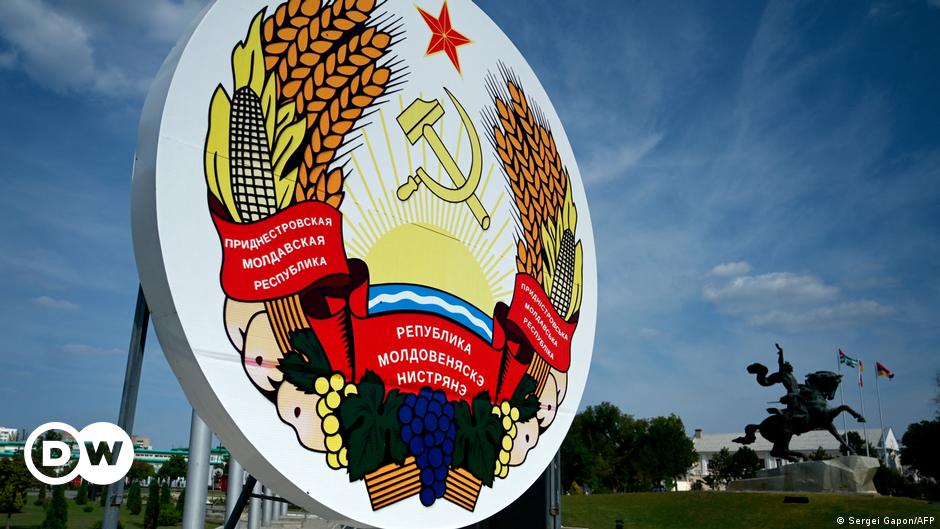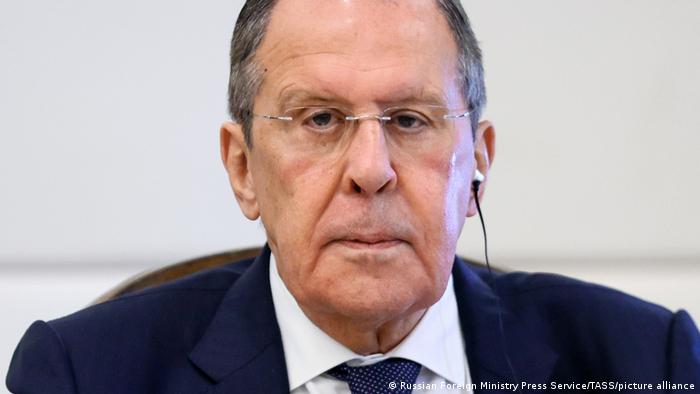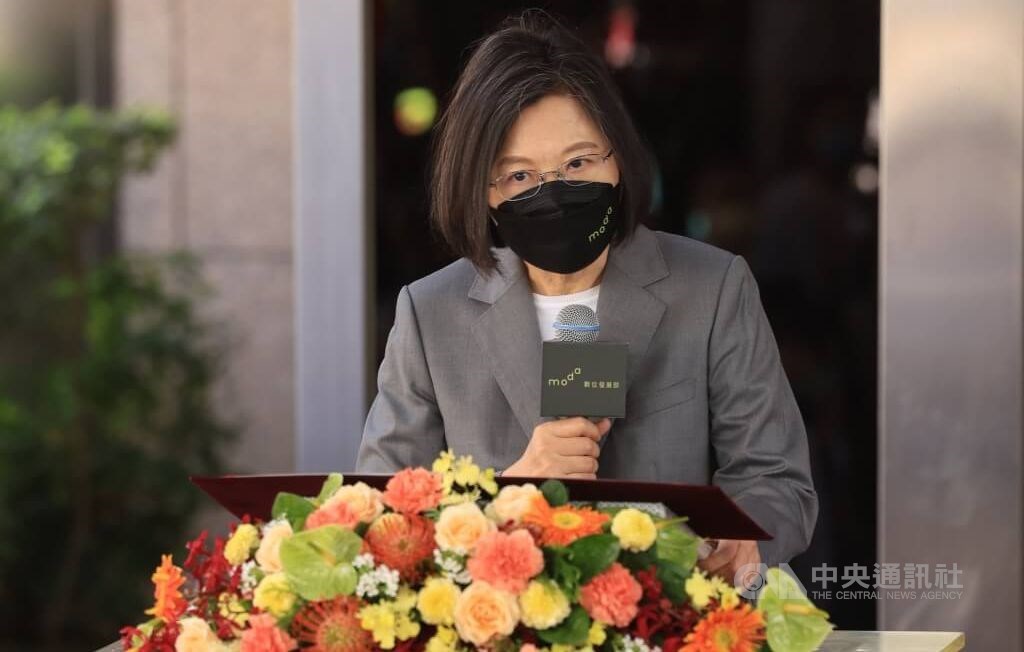Russia warns Moldova over Transnistria troops | Europe | News and current affairs from around the continent | DW
Russian Foreign Minister Sergey Lavrov this week warned Moldova not toendanger Russian troops stationed in Transnistria, a pro-Russian breakaway region in the country’s east, saying doing so could spark military confrontation.
In a television interview with a Russia station this Thursday, Lavrov said “any action that would threaten the security of our troops would be considered under international law as an attack on Russia.”
Several hours earlier, Lavrov had accused Moldova’s pro-European President Maia Sandu of blocking talks to resolve the Transnistria conflict. “Transnistria and Russia support direct dialogue, but judging by statements made by President Maia Sandu and her team, they do not want such dialogue, as they are being directed by the US and EU to reject talks,” Lavrov said. “Apparently, they are seeking a non-diplomatic solution to the Transnistria problem.”
Disingenious reasoning
Several days earlier, Transnistria’s separatist leader Vadim Krasnoselsky had sent a letter to President Sandu requesting talks over a peaceful political solution to the Transnistria conflict. Moldova, however, only communicates with Transnistria’s pro-Russian breakaway government through its bureau of reintegration, a governmental body headed by Moldovan Deputy Prime Minister Oleg Serebrian.
In the television interview, Lavrov also said Russia would defend Russian speakers in Moldova, reminding viewers that apart from Transnistria, the region of Gagauzia was also seeking special recognition in the country. He said he hoped “Molvoda’s leadership would end the Western-dictated geopolitical games and instead think about the interests of the people, living side by side.” In July this year, Lavrov already accused Moldova of working to “annul everything Russian, just like in Ukraine.”
That same month, Moldova and Ukraine were granted EU candidate status.
Moldova’s firm stance
Moldova’s bureau of reintegration was quick to respond to Lavrov’s comments. In a public statement, it said the country was committed to a peaceful resolution of the Transnistria conflict.
This, it added, entails “identifying a sustainable and…



